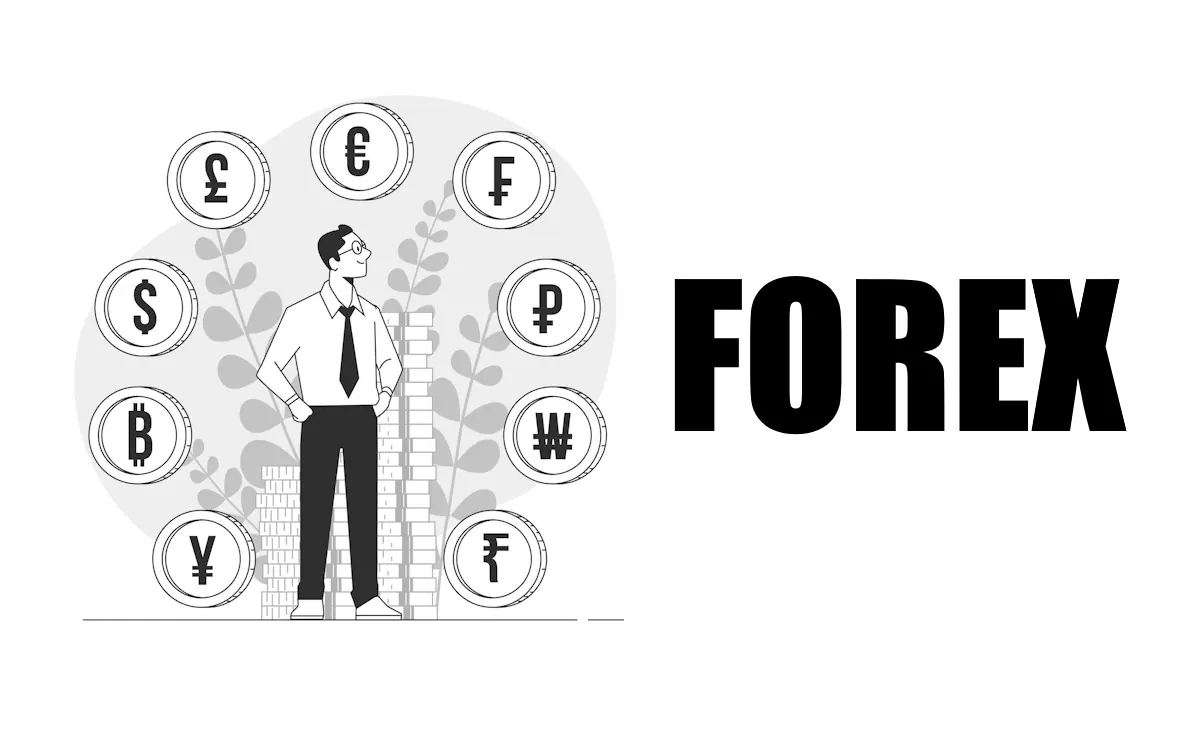In today's globally connected landscape, the foreign exchange market, or Forex, is a crucial component. It's a decentralized platform where currencies are traded across the globe. This blog post will delve into the basics of Forex, highlighting its importance and the ways in which individuals and businesses can engage with this vibrant market.
What is Forex?
Forex, also known as the foreign exchange or FX market, is the international arena for currency trading. It's not only the largest but also the most liquid financial market in the world, where currencies are traded in pairs, such as EUR/USD or USD/JPY. This market sets the exchange rates for every currency, facilitating global trade, commerce, and finance.
Understanding Forex
Forex operates 24 hours a day during weekdays, offering a continuous exchange for a myriad of global currencies. At its core, Forex trading involves speculating on currency pair price movements. The market’s vast scale sees trillions of dollars in currencies traded daily, driven by a diverse array of participants including banks, financial institutions, corporations, governments, and individual traders.
The Best Prop Firm passed software are here:
Market Participants
While large banks and financial institutions traditionally dominated Forex trading, technological advancements have democratized access, allowing individual traders significant involvement through online platforms. These retail traders engage in Forex not just for hedging or corporate needs but also for speculative purposes, aiming to profit from fluctuations in currency values.
Benefits and Risks
One of the primary advantages of Forex trading is its operational hours, running 24/5 and allowing flexibility in trading schedules. Its high liquidity facilitates easier transaction executions, and the availability of leverage lets traders control large positions with relatively small capital investments, potentially magnifying profits.
Pass any Evaluation easily!
New Arrivals
Swing Trading EA
However, the benefits come with their share of risks. The Forex market's volatility can lead to substantial losses as quickly as gains. Currency values can fluctuate wildly due to various economic, political, and global events. Success in Forex trading requires robust market knowledge, technical analysis skills, and stringent risk management practices.
Conclusion
Forex is an integral part of the global financial system, underpinning international trade by allowing currencies to be efficiently exchanged. For those considering entering the Forex market, it offers substantial opportunities but also requires a comprehensive understanding of market mechanisms and personal discipline. Engaging with Forex trading involves continuous education and strategic planning to navigate its complexities and volatilities effectively.










